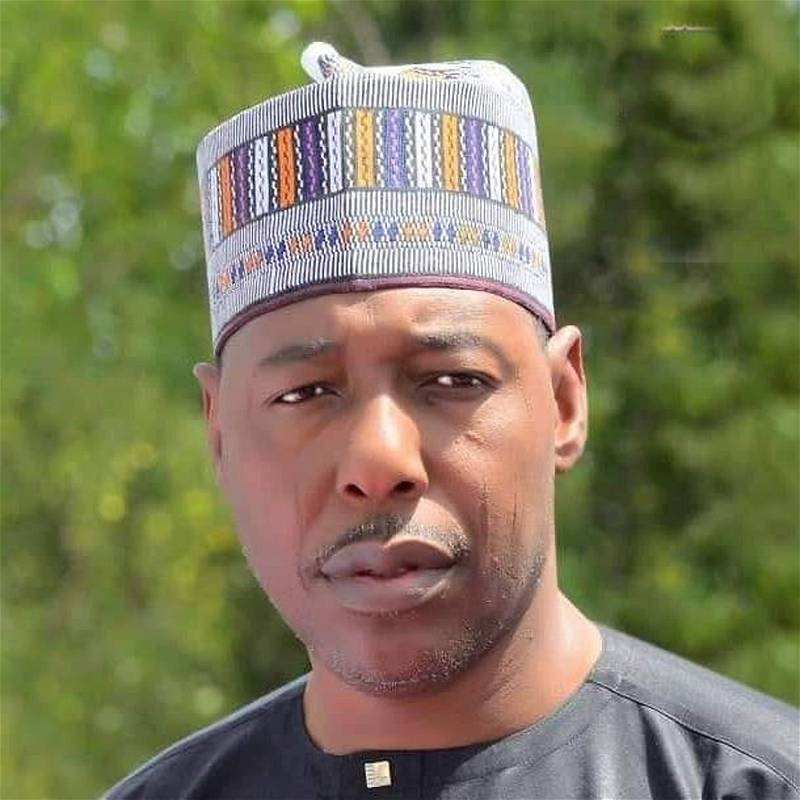In response to appeals by stakeholders from various parts of the Federation, the Senate Ad-Hoc Committee on the Review of the 1999 Constitution has extended the submission of memoranda by two weeks.
A statement issued by the Office of the Deputy President of the Senate, Senator Ovie Omo-Agege, who is also the committee’s chairman indicates that memoranda will now continue to be received until Friday, 25th September this year.
Earlier deadline for submission of memoranda was Friday, 11th September, 2020.
Giving further explanations, the Office stated that the extension of deadline would accommodate those who requested for more time to bring their memoranda forward.
The request for extension of deadline was approved as part of measures to further strengthen the constitution review process and widen opportunities for more groups and individuals to be involved.
“As stated earlier, all proposals or memoranda are to be submitted to the Secretariat of the Committee in Room 0.28, Senate New Wing at the National Assembly Complex. Abuja.
“Submissions can also be made electronically through the Committee Secretariat’s WHATSAPP LINES 08033109357 / 08097522601, and email scrc9nass@gmail.com.
“The general public, Executive and Judicial bodies, Civil Society Organizations, professional bodies and other interest groups are expected to submit memoranda or proposals for further alteration(s) of the 1999 Constitution (as amended) towards promoting good governance and welfare of all persons in our country on the principles of freedom”, noted an earlier statement issued on the matter.
The statement further clarified that the memoranda being expected should focus on any of the following 13 thematic areas: gender equality for women and girls; federal structure and power devolution; local government and its autonomy; public revenue, fiscal federation and revenue allocation; Nigerian Police and Nigerian security architecture as well as comprehensive judicial reforms.
Other are: electoral reforms; socio-economic and cultural rights as contained in Chapter 2 of the Constitution; strengthening the Independence of oversight institutions and agencies created by the constitution or pursuant to an act of the National Assembly; residency and indigene provisions; immunity; National Assembly and state creation.




